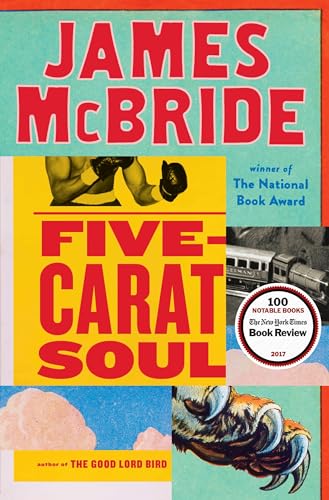
Image and Appropriation: On Lynne Tillman’s ‘Men and Apparitions’
Tillman is not asking how should a person be or how does the world look, but rather, how does a person become? And how do images complicate these notions of ourselves and this desire to become someone else?
















